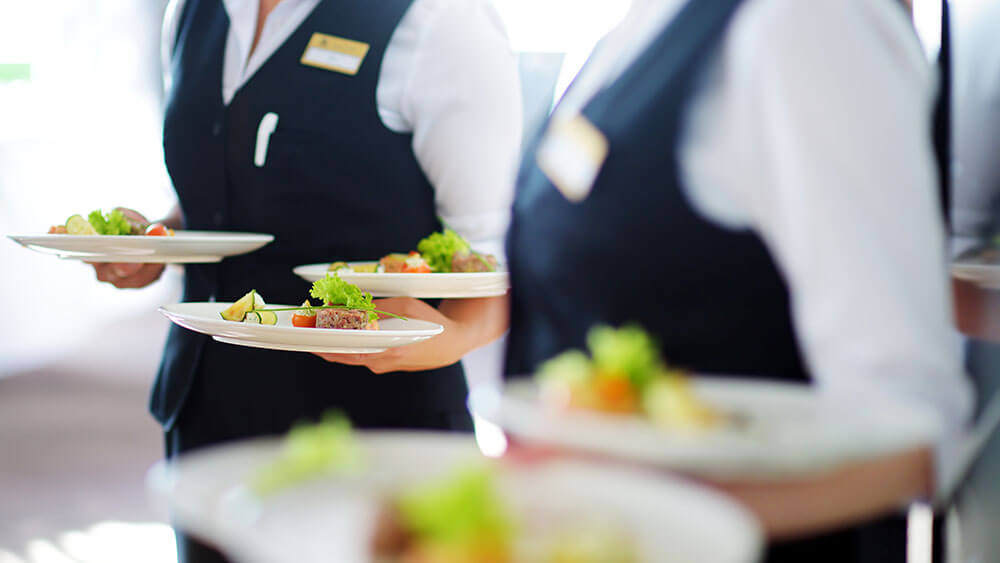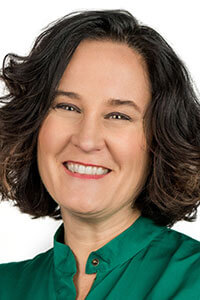
Our experts suggest event staff serve special meal requests before serving the other meals so everyone can eat their warm food together.
Anyone who has ever ordered a special meal at an event and then waited what felt like hours for it to arrive — while their polite tablemates sat with plates of food getting cold — knows how painfully awkward the whole thing feels. It’s a situation that event organizers can help avoid.

Tracy Stuckrath
Tracy Stuckrath, CSEP, CMM, CHC, CFPM, who specializes in teaching the meetings industry to better address dietary needs, suggests that at seated food events, those with special meal requests — whether it’s gluten free, vegetarian, vegan, halal, or kosher — should always be served first rather than last. Then servers can hustle out the rest of the food, which requires less person-by-person precision.
Lynne Wellish, CMP, CHSE, CHO — a speaker, trainer, and consultant for the hospitality industry — offers the same advice. “To have the odd meal out and get it first is less embarrassing,” she said. “It makes you feel less uncomfortable and less noticed.”

Lynne Wellish
The groundwork should start well before everyone sits down to eat. Angela Smith Ford, CMP, event operations manager for the International Legal Technology Association, and Lisa Hill, director of conferences and events/operations for the College and University Professional Association for Human Resources, share the same approach: They distribute meal tickets at check-in to attendees who have registered with special food requests. They ask attendees to hand those tickets to their servers before the meal starts to ensure that they get the right dish — or if it’s a buffet, to find a member of the wait staff and show them the ticket.
Outside of traditional meal tickets, Stuckrath has seen some unique approaches over the years. One event had a designated area in the convention center for people with special requests to pick up their meals. That approach flopped, she said, because not enough people saw the email with pick-up instructions. Another company printed identifiers like GF (for gluten-free) straight onto attendees’ name badges, and another placed restrictions inside place cards and asked people to hand them to their waiter.
Whichever approach you choose, Stuckrath recommends that you make sure it’s discreet. “People with food restrictions,” she said, “don’t want to be called out on it.”
